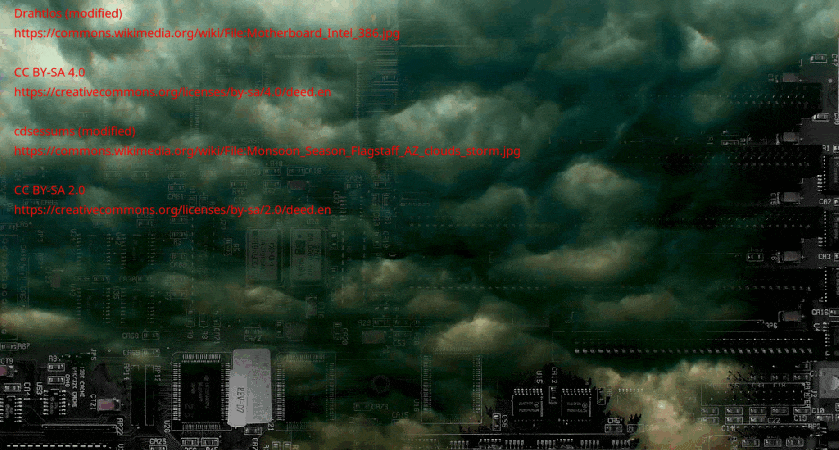My McLuhan lecture on enshittification

🌈 Abstract
The article discusses the concept of "enshittification" - the process by which digital platforms and services degrade in quality over time as they prioritize profits over user experience. It examines the historical context, underlying mechanisms, and potential solutions to this phenomenon.
🙋 Q&A
[01] The Concept of Enshittification
1. What is the definition of "enshittification" according to the author? Enshittification is a three-stage process where digital platforms/services:
- Start off being good to their users
- Then abuse their users to benefit their business customers
- Finally, abuse those business customers to maximize profits for themselves, leading to the platform/service becoming a "pile of shit"
2. Why did the term "enshittification" become popular? The term "enshittification" resonated with people as it provided a framework for understanding the degradation of digital services that many were experiencing. It moved the discussion from vague "forces of history" to specific decisions made by named individuals and companies.
3. What are the four key forces that previously constrained companies' enshittificatory impulses?
- Competition - Fear of users taking their business elsewhere
- Regulation - Fear of fines for misconduct
- Self-help - Users' ability to circumvent anti-consumer measures
- Worker power - Tech workers' sense of mission and leverage over employers
[02] The Erosion of Constraints on Enshittification
1. How has competition been eroded as a constraint on enshittification? Competition authorities worldwide have adopted a "consumer welfare" doctrine that views monopolies as evidence of quality, not anti-competitive behavior. This has allowed massive consolidation, leaving just a handful of dominant firms in many sectors.
2. How has regulatory capture enabled tech companies to evade constraints? Dominant tech firms have been able to influence regulators, allowing them to violate laws with impunity by claiming their actions are done "with an app." Regulatory capture has also enabled them to wield regulations against competitors and critics.
3. How have tech companies undermined users' ability to self-help against enshittification? Laws like the DMCA's anti-circumvention provisions make it a felony to modify or reverse-engineer digital products, preventing users from blocking ads or otherwise disenshittifying services.
4. How has the erosion of tech workers' bargaining power contributed to enshittification? As tech workers lost their sense of being "founders in waiting" and became more like regular employees, they were less willing to object to their employers' enshittificatory demands out of a sense of moral injury.
[03] Reversing Enshittification
1. What are the four key areas where action is needed to reverse enshittification?
- Restoring competition through stronger antitrust enforcement
- Enacting robust data privacy and consumer protection regulations
- Enabling user self-help through legal reforms
- Empowering tech workers through unionization
2. What are some positive signs that these constraints are being rebuilt?
- Competition authorities worldwide are taking more aggressive action against consolidation and anti-competitive practices
- The EU has enacted the Digital Markets Act and Digital Services Act to address regulatory capture
- There are growing movements for tech worker unionization
3. Why is the fight against enshittification important for broader social and political struggles? A free, fair, and open internet is crucial infrastructure for coordinating mass movements to address issues like climate change, social justice, and democracy. Reversing enshittification is necessary to preserve this vital digital commons.